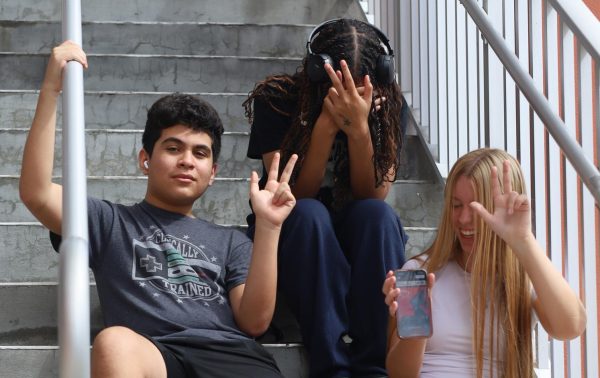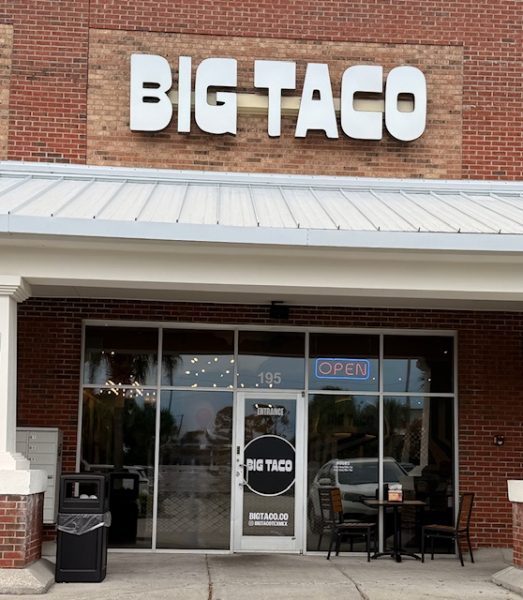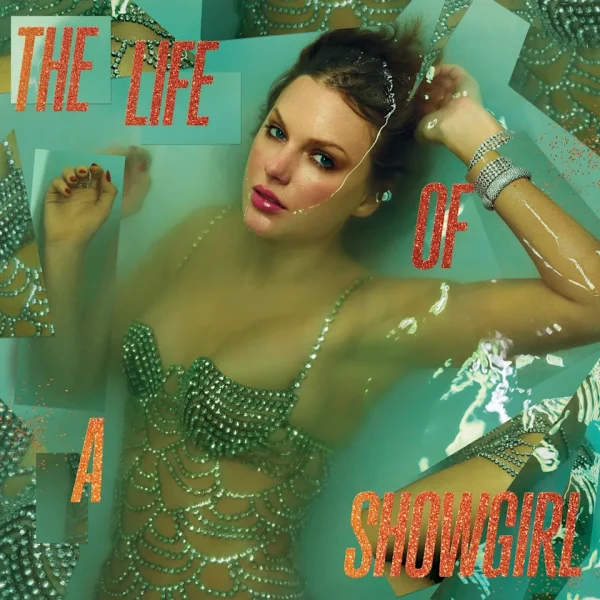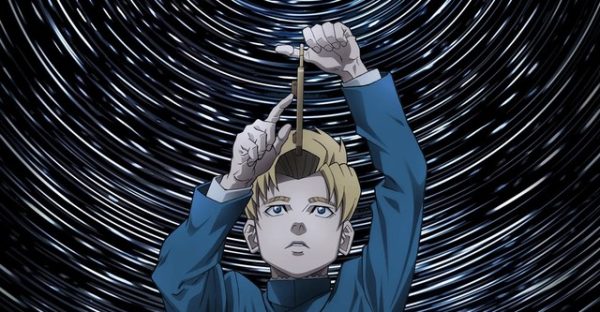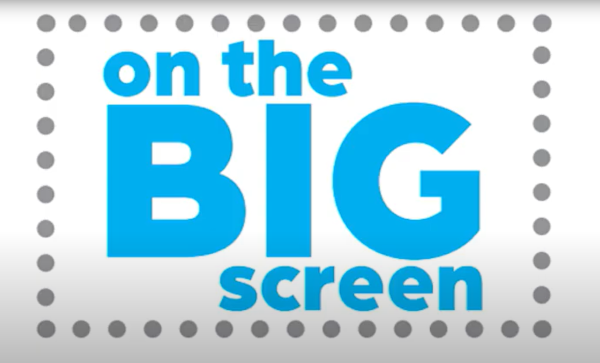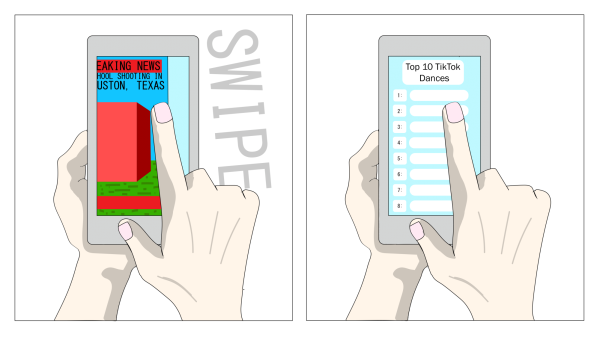Fired up!
College football cancellations unearth a wider array of problems
photo by Bethany Barker
Deemed “the game of the year,” by ESPN, college football fans were excited to see the Coastal Carolina Chanticleers come out in a surprising victory against the Brigham-Young Cougars. The game(and the triumph) was last-minute; Coastal Carolina was supposed to face the Liberty University Flames, yet a COVID-19 outbreak within the Liberty team forced Coastal Carolina to reschedule with BYU.
Delayed games are nothing new for the athletic world, especially during a pandemic that has killed over 282,000 in the US. For college sports, the impact of COVID-19 has been largely hard with budget cuts and safety precautions, making it difficult for smaller programs to continue and practices to be held on the same level.
NBC News in 2020 reports that even the larger universities have had to put a hold on numerous programs; Stanford has postponed their football season for the duration of 2020, keeping in line with the rest of the Pac-12 conference. Aside from football, they have also chosen to end 11 other sports programs such as rowing, sailing and fencing for the 2020-2021 school year.
These are only a couple nationwide. In 2020, AP News found 106 schools that have cut sports like tennis, baseball, tumbling, softball and track.
It is a change that is overshadowed by the hype surrounding the ongoing college football season. The cuts this year to certain programs is largely due to the difference in income each sport makes for the college. In 2020, Ross Dellenger at Sports Illustrated reported that Louisiana State University’s football team made $56 million, whereas the combination of their other activities resulted in the loss of $23 million.
However, for the thousands of athletes who have worked their entire lives for a chance at success, it is fundamentally unfair. For swimmers, divers and rowers who look forward to training for the Olympics and receiving spots on professional teams, it is difficult to see their sports get canceled when football players are not only able to start their seasons, but enjoy over-the-top, lavish benefits.
According to 24/7Sports, the University of Florida has spent $85 million on a new football facility, while Clemson University spent $55 million on a football-practice complex boasting bowling alleys, movie theaters, a barber shop and volleyball courts.
It is ridiculous; why spend millions of dollars on entertainment perks for a football team when one could fund the various other sports? The answer mainly boils down to the NCAA. Its rules do not allow college athletes to be paid, so schools must offer the best benefits to attract the best players.
These additions to a standard establishment with fields, coach’s offices, locker rooms and training rooms are absurd. They are supposed to entice prospective players; obviously, colleges want the best on their team. Football players looking to be drafted into the NFL want the top coaches and the best equipment, the rest is unnecessary.
The NCAA’s purpose is to fairly regulate college sports and events, as well as help athletes balance education and sports. However, it looks as if it only supports the events that bring in money. Its many scandals and accusations have proved just that.
Many lawsuits have been launched against the non-profit organization, with the most controversial being the debate over whether athletes should be paid like employees and whether they should be paid for their social media and television appearances. USAToday reported on this suit in 2020, finding that the final outcome could determine the fate of millions of dollars.
Furthermore, athletes under the NCAA follow strict guidelines; they are not allowed to accept any kind of gift, donation or funding that is not approved. This may seem fair; athletes should monitor what they do with their time and money, seeing as how they are getting much of their education paid for.
In reality, the rules are petty and controlling. University of Connecticut alumni Shabazz Napier, a former NCAA basketball player, recalled going to bed starving on multiple nights, even before game days; no one was allowed to give him anything. The LA Times in 2014 specifies a “bagel law,” an extension of the NCAA’s rules for athletes. Athletes can eat complimentary bagels and fruit provided by the school, but it is considered a violation for them to have cream cheese or peanut butter.
The NCAA’s rules along with COVID are the reason for the discontinuation of other sports programs, and thus, the stifling of thousands of students’ success. The difference is, the NCAA can make a change and they can alter their regulations and provisions.
This is not written to decry football. Football is a source of pride and happiness for millions of students, athletes and fans. The players are absolutely deserving of the opportunities they have received; they put their entire life into working and training. So have the future Maria Sharapova and Katie Ledecky.
Schools need to find a way to better balance their budget and the NCAA needs to change. The answer is not to raise tuition to exorbitantly high prices or to hope the virus just goes away.
Pay the coaches, but perhaps skip out on the state-of-the-art video game system. Pay for high-quality gear, but get rid of the barber shop. Pay the students or offer them benefits so they can focus on school and athletics.
The future of sports is greater than football and we would do well to remember that.
Your donation will support the student journalists of Hagerty High School. We are an ad-free publication, and your contribution helps us publish six issues of the BluePrint and cover our annual website hosting costs. Thank you so much!


